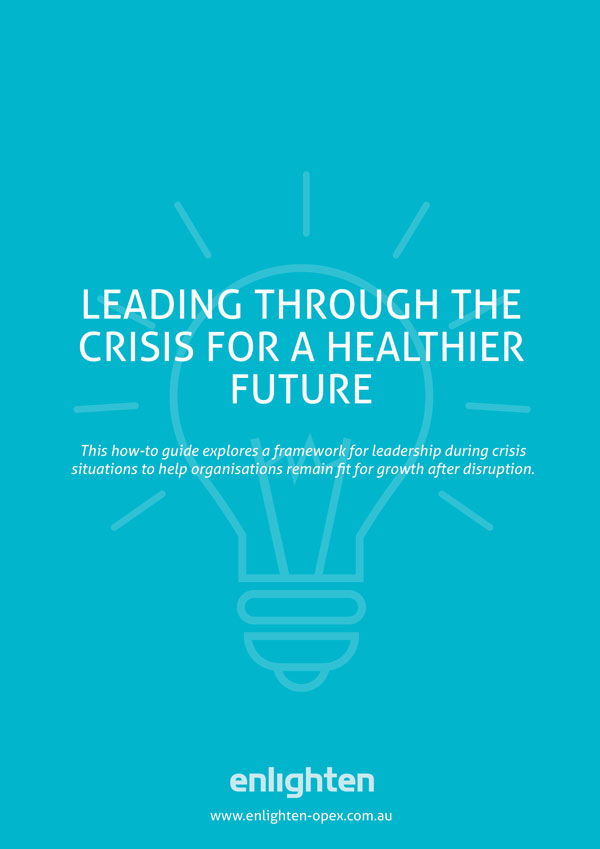As a champion of operational excellence, Enlighten strives to continuously enhance our products and services. Richard works towards this goal through servant leadership, which has helped him build a team centred around collaboration, where his team learns from each other’s experiences to minimise mistakes. This ensures that their work quality is of the highest standards and aligned with Enlighten’s business goals.
Richard shares more about his Enlighten experience so far, and his views on leadership and mentoring.
What has your career journey been like to date?
Before I joined Enlighten in 2019, I accrued decades of software development experience in a wide range of companies. I have worked in large corporations, small start-ups, and family businesses. I have also worked in different fields, from the financial industry to operational excellence like in Enlighten.
Here in Enlighten, I am part of a team that strives to create useful, intuitive, and reliable software. Across my two decades of work experience, I’ve found that my passion for teaching and learning has been my underlying reason for being in tech.
Is there something specific that you would still like to achieve in your career?
I don’t consider myself as particularly career-oriented. In fact, my aim has always been to be as useful as possible wherever I work. As someone who has learned to become more people-focused in all aspects of my life, I would like to be in a position to help other software developers along their career path. I resonate strongly with fellow software developers, and this is a group of people I feel I can be most impactful with.
Perhaps, in this capitalistic world where “human” and “resource” are spoken in the same breath, a paradigm shift is needed. To me, people are not assets which you invest in – I see each person as an individual, with their own strengths and weaknesses. If I can support people or point them in the right direction to become a better person (both professionally and personally), then I want to be able to make that difference.
Have you had a role model or mentor that has helped you on your journey?
Each job I’ve had has given me opportunities to grow. Whether it was senior colleagues who educated me and helped me navigate through work and life, or challenges which have pushed me (and at some times, even knocked me down) – these are all opportunities to learn.
Honestly, it’s not just the people I’ve had around me who have taught me lessons, it’s all the experience (both good and bad) that have shaped me. Having someone share their knowledge with you is the much less painful way of learning from someone else’s mistakes (as opposed to making your own mistakes).
If you were mentoring a leader of the future, what advice or guidance would you give to help them on their way?
Software developers tend to focus on technical excellence over everything. While it is definitely important to be good at your job, there is a bigger context. No matter the task, the stakeholders you are interacting with (be it colleagues, managers, or clients) are turning to you because they value your expertise. Therefore, it is important for software developers to manage stakeholders well.
This is also because people tend to appreciate you if they perceive you as someone who understands what they are trying to achieve and is on their team. If you are that person and your focus is on supporting their business objectives, people will want to work with you again, no matter how far your paths diverge.
What are the biggest changes you have witnessed to date in the area of leadership and operational excellence?
Everyone has their own leadership styles. Those who haven’t thought much about it tend to recreate the leadership that they have experienced. Some have experienced authoritarian leadership (of which I have some familiarity) and while that may sometimes be appropriate (usually only for large groups, in an unfamiliar environment, for a short-term project), that is definitely not how you want to build a team, or business. It may yield a large output for a short time, but will result in lower-quality output, and a higher turnover, and much lower staff satisfaction.
In my experience, once staff are given the right motivation, and you are able to point their focus in the right direction, you just need to clear the path for them to get their work done without unnecessary interruptions. Ultimately, I see good management as providing the right conditions (and guidance) for your staff to realise their potential.
What do you think the future holds for leaders as businesses continue to change rapidly?
When the market is dynamic, you can’t afford to remain stagnant. You need to balance market changes with the stability your staff requires, but if you are able to help them see the end goal, that will help them cope with adjustments you need to make to manage the changes in the situation. In short, it is important to begin with the end in mind.
You were a recent winner of the Enlighten BOBS award, a peer-nominated award for Enlighten team members who exemplify the BOBS code: Be respectful and humble, One team, Bring positive energy, Step up; how would you encourage your peers to also strive for this?
I think that most people would be able to tell you stories of a co-worker who either made their experience terrible, or wonderful. No matter how difficult or complex the work is, an encouraging colleague can make it seem achievable.
You don’t need to change who you are, but if someone else appears to be going through a difficult situation that you’ve once been in, then give them the encouragement you received, or that you wish you had gotten. It doesn’t take much, and it makes such a big difference to the energy of the team. I think it is best summarised in the saying “a rising tide raises all boats”. Or if you prefer it to rhyme, “teamwork makes the dream work”.
Is there any other advice you would like to share with your readers?
The best advice I’ve ever had for job interviews is to act like you’re already working there. When you are asked “Do you have any questions?”, it may be better to ask the interviewers about the issues they’re facing, and how they would expect the candidate to help with those problems.
Instead of seeing the interview as an attempt to tick all the boxes on prospective candidates, it is about trying to address the issues. Not only does it show the interviewer that you are aware of their situation, you will also be able to help the interviewer understand the skills you do or do not yet have.


